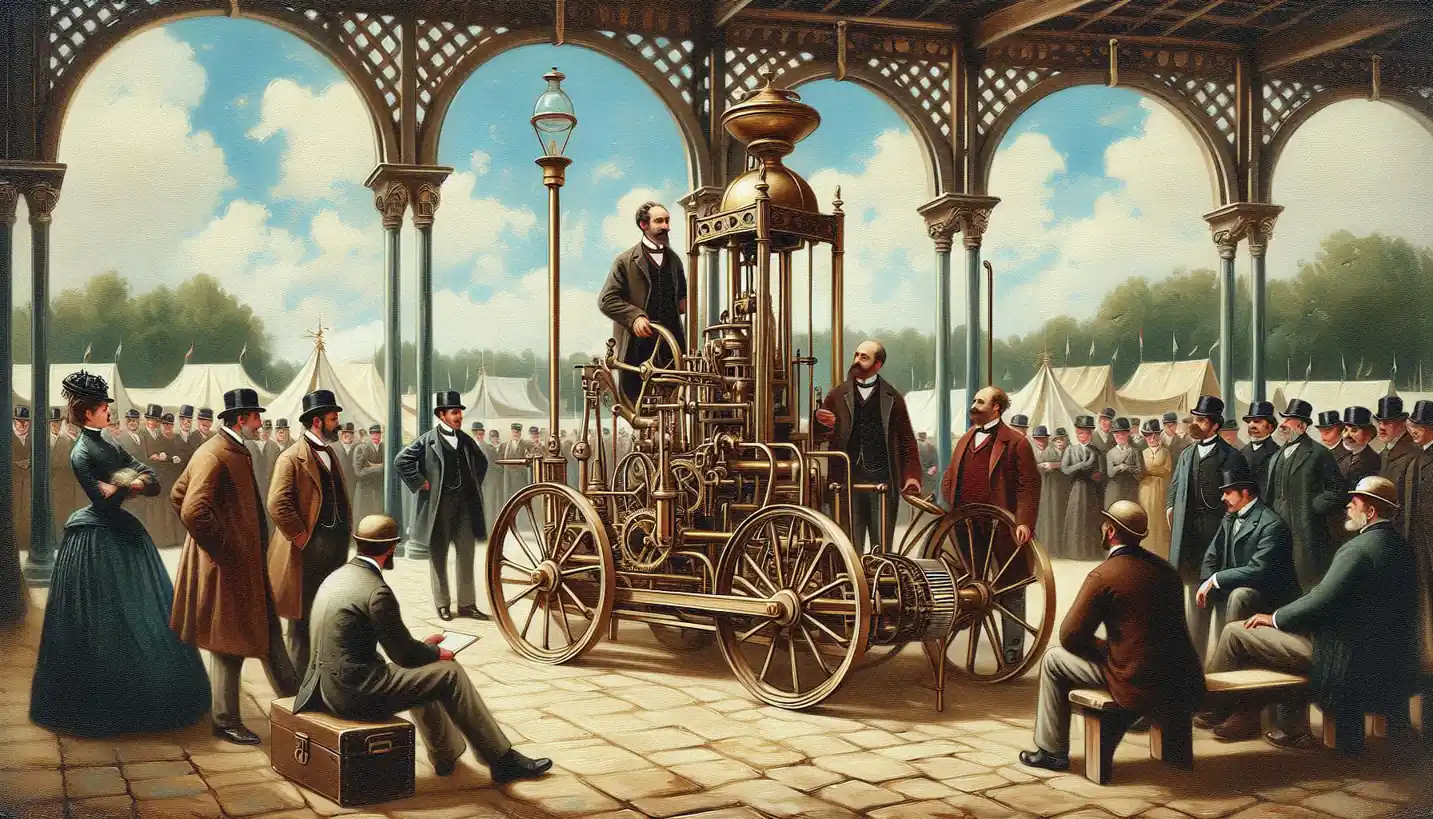· History · 5 min read
Digital Repositories: Transforming How We Explore History
Digital repositories transform the way we explore and interact with historical information, making it more available than ever. Explore how these collections are reshaping our understanding of history.

In today’s world, our journey into the past is taking on a whole new dimension. Thanks to digital repositories, diving into history has never been more exciting or accessible. These online collections are reshaping how we explore, understand, and connect with history, making it feel a little more like scrolling through your favorite apps than leafing through dusty old books.
What Are Digital Repositories?
Let’s start with the basics. Digital repositories are like giant online libraries where historical documents, images, recordings, and more are stored. Imagine them as virtual treasure chests brimming with relics of the past, all neatly organized and easy to search. They can include anything from ancient manuscripts to photographs, audio clips, and even maps.
In the digital age, these repositories have become a lifeline for historians, researchers, students, and anyone fascinated by history. They’re open 24/7, letting you explore whenever curiosity strikes.
The Evolution of History Access
Before the digital age, accessing historical documents often meant traveling to specific locations, maybe a dusty archive room or a specialized library. But digital repositories are breaking down these barriers. Now, someone in a small town in one country can read a diary written centuries ago in another, all with a few clicks.
Think about the power of that. It means history isn’t just in the hands of a few experts—it’s available to anyone with an internet connection. This democratization of access is opening up incredible opportunities for learning and discovery.
The Power of Searchability
One of the coolest features of digital repositories is searchability. In the past, finding a specific document or piece of information could take weeks or even months. Now, you can type in a few keywords and find exactly what you need almost instantly.
Imagine trying to find a needle in a haystack, but now you have a super-powered magnet. Digital repositories take the legwork out of research, making it faster and more efficient to uncover hidden gems.
Preserving History for Future Generations
Digital repositories are also playing a crucial role in preserving history. Physical documents can deteriorate over time due to factors like light, humidity, or improper handling. But once a document is digitized, it can be preserved in its original state indefinitely.
This means that future generations will have access to the same information without the wear and tear that traditional documents might suffer. It’s like putting history in a time capsule that doesn’t age, allowing everyone to peer into the past with clarity.
Collaborating Across the Globe
Another remarkable aspect of digital repositories is their power to connect people from around the world. Researchers, historians, and students can collaborate seamlessly across borders, sharing resources and insights.
Picture this: a historian in Brazil can share findings with another in Japan, and they can build off each other’s work without ever leaving their homes. This global collaboration is enriching our understanding of history and fostering connections between cultures.
The Challenges Ahead
Of course, building and maintaining digital repositories isn’t without its challenges. One of the biggest hurdles is ensuring that all communities have equal access to these resources. Not everyone has reliable internet access or the necessary technology, creating a digital divide.
Moreover, the sheer volume of data can be overwhelming. Curating, organizing, and maintaining these vast collections requires careful planning and constant updates. Additionally, protecting sensitive information and respecting privacy and copyrights is a tricky balancing act.
A Glimpse into the Future
Despite these challenges, the future of digital repositories looks promising. As technology continues to advance, these collections will likely become even more interactive and immersive. Imagine stepping into a virtual reality experience where you walk through ancient cities or explore historical events as if you’re really there.
The potential for innovation is enormous. With artificial intelligence, machine learning, and other cutting-edge technologies, the way we engage with history could continue to evolve in exciting new ways.
Why Digital Repositories Matter
Digital repositories aren’t just about storing data; they’re opening doors to new ways of thinking about and understanding history. They encourage us to ask questions, explore diverse perspectives, and uncover stories that might have otherwise been lost.
In a world where information is power, these online collections are empowering people to become historians in their own right, exploring history not just as a series of facts but as a living, evolving narrative.
The Role of Institutions and Individuals
Institutions like libraries, universities, and museums play a vital role in creating and maintaining digital repositories. They bring together technological expertise, historical knowledge, and funding to ensure that these resources remain available and up-to-date.
But individuals also play a part. Citizen historians, enthusiasts, and volunteers contribute by uploading documents, sharing insights, or even funding specific projects. It’s a collaborative effort that reflects the community-driven spirit of the digital age.
Conclusion: The Endless Journey of Discovery
As digital repositories continue to grow and evolve, they’re reshaping our relationship with history. They’re not just tools; they’re gateways to understanding where we come from and where we might be headed. By making the past accessible and engaging, they invite us all to embark on an endless journey of discovery.
History is no longer a distant echo. It’s right at our fingertips, waiting for us to explore, question, and connect. Whether you’re a seasoned historian or someone curious about what came before, digital repositories are your passport to a world of fascinating stories and insights.



